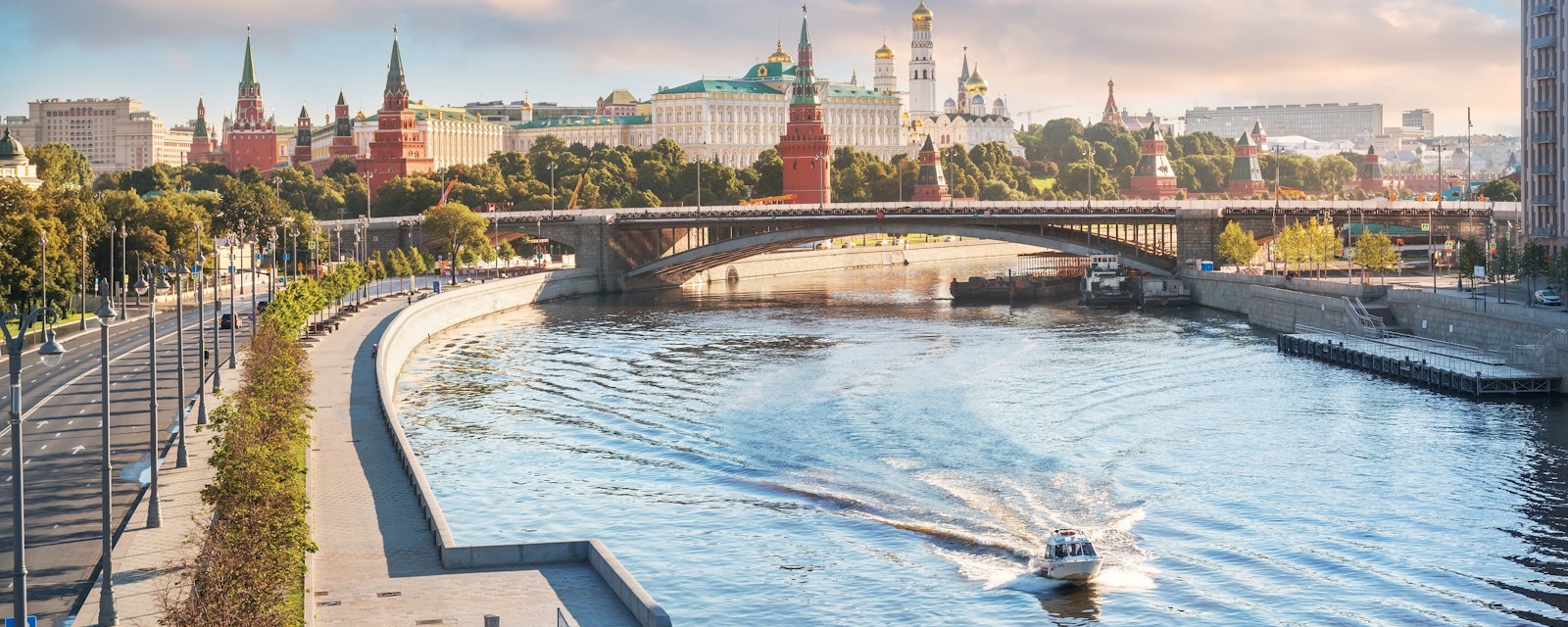A reshuffle of senior defense officials and the proposed tax hikes suggest President Vladimir Putin’s efforts to sustain the war in Ukraine and develop the country’s military capabilities in the medium-to-long term.
Asset takeovers have become relatively common and will remain a pertinent risk for domestic and Western (especially the US) businesses for the foreseeable future. Overall, relations between Russia and Western countries are evolving along a downward and, potentially, escalatory spiral.
A cabinet reshuffle following Putin’s inauguration was largely insignificant, with eight newly appointed ministers having already served in the cabinet or occupied other high-level posts. The replacement of long-serving defense minister Sergei Shoigu with economist Andrey Belousov was perhaps the most notable change, indicating efforts to improve the management and spur the development of the military-industrial complex, which is perceived to be highly corrupt and inefficient. A series of recent corruption-related arrests of senior officials within the military only reinforce this notion. The replacement of the Chief of the General Staff Valery Gerasimov in the near future would not be surprising either.
Putin’s inaugural decree outlining seven broad national goals until 2030 prioritizes the improvement of living conditions and emphasizes patriotism as well as economic and technological sovereignty. The decree is indicative of the general policy vision, but the prospects of achieving ambitious targets set out in the decree are slim. Successive Russian governments have a track record of underdelivering large-scale development plans, including multiple previous national project schemes. Currently, prioritization of war needs, structural imbalances of the militarized economy, and constantly tightening international sanctions further reduce the scope of any major progress. Instead, the decree likely aims to create the perception of socioeconomic development and of putting the economy on more sustainable and self-sufficient footing to meet military needs.
One pressing question is how to sustain high levels of defense and security spending, which is projected to exceed 8.7% of GDP in 2024, according to Putin. Such high war-related spending comes at the expense of investments into other areas, which over time could heighten public discontent with underfunded public services and further erode economic competitiveness of non-military sectors. To boost revenue, the government has outlined a new progressive tax system, which entails tax hikes for high-earning individuals as well as a five-percentage point increase (from 20% to 25%) of the corporate income tax rate. Overall, the proposed reform is estimated to bring additional RUB 2.6tn (around USD 29bn 25% is the most or 1.4% of GDP) in revenue in 2025.
Risk of Nationalizations Pertinent
In addition, the state has been generating additional income from the (re)privatization of state-owned companies, many of which have been nationalized in the past few years. Based on local media investigation, prosecutors have sought to nationalize more than 180 domestic companies (holding assets of around RUB 1tn or USD 11.2bn) via various legal challenges in courts since February 2022. Besides additional revenue from reprivatization, Putin has been advocating for the return of major assets in strategic sectors under state control. The trend could also be an attempt to redistribute economic wealth and influence based on alleged loyalty and patriotism.
The risk of new nationalizations/takeovers of assets held by entities from the so-called unfriendly countries is also rising. On 23 May, Putin signed a decree allowing for the confiscation of property, securities, and property rights owned by the US or its entities in Russia as a countermeasure against “unfriendly actions of the United States.” The move is likely a response to a US proposal to provide a USD 50bn loan to Ukraine backed by future interest income from frozen Russian assets, which is set to be discussed at the G7 summit in Italy on 13-15 June. Putin’s decree gave the government four months (until late September) to make the necessary legislative changes for the implementation of the decree.
Downward and Escalatory Trajectory
More generally, Putin’s narrative that the war in Ukraine is part of the wider war against the “collective West” has come to permeate public rhetoric and policymaking. A permission from multiple Western countries to hit targets on the Russian territory and the ongoing discussion about deploying troops to Ukraine only strengthens such perceptions within Russia. Anecdotal evidence suggests that Russians are coming to terms with the war and, in some cases, becoming more supportive of its objectives. Such domestic dynamics within Russia, combined with the highly uncertain evolution of the war in Ukraine, come with the risk of further escalation between Moscow and Western capitals. A recent proliferation of various hybrid threats and incidents across Europe is likely a direct consequence of this trend.




